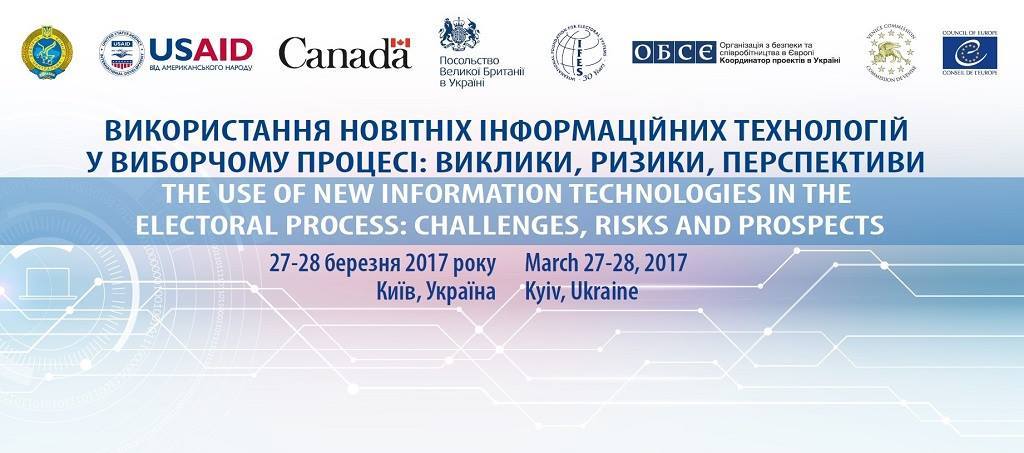Medirent participated in the international conference “The Use of New Information Technologies in the Electoral Process: Challenges, Risks, Prospects,” organized by the Central Election Commission and the International Foundation for Electoral Systems (IFES).Since 2012, we have been developers of the
Unified Information and Analytical System “Elections,” and some of our specialists are experts in the automation of electoral processes with over 10 years of experience in this field.
The conference brought together a very representative group of participants, including both Ukrainian representatives (the CEC, other state bodies, prominent figures from civil society, and the IT community) and international and foreign organizations and experts.
On the first day, foreign colleagues shared the best global practices, as well as the risks and challenges faced by other countries. The Central Election Commission proposed a number of solutions to improve the Unified Information and Analytical System “Elections,” the State Voter Register, and the form of ballot papers.
The second day was devoted to civil society and discussions on the prospects for the development of the latest information technologies in electoral processes, taking into account the whole range of issues that arise in this context: the feasibility of implementation, security, clarity for voters, cost, and the phasing of work. Most speakers see the main obstacles to the widespread development of electronic elections as the lack of mutual trust within society, the risks of interference in information systems, and the unpreparedness of the regulatory framework.
However, participants generally noted significant public demand for reforms in the electoral sphere and the fact that information technology can be a catalyst for such processes.
The presentations and informal discussions with conference participants revealed similarities between the approaches and principles that Medirent adheres to in its work on automating Ukraine's electoral system and the corresponding principles applied in countries with established democracies and high levels of scientific and technological development.
On the first day, foreign colleagues shared the best international practices, as well as the risks and challenges faced by other countries. The Central Election Commission proposed a number of solutions to improve the Unified Information and Analytical System “Elections,” the State Voter Register, and the form of ballot papers.
The second day was devoted to civil society and discussions on the prospects for the development of the latest information technologies in electoral processes, taking into account the whole range of issues that arise in this context: the feasibility of implementation, security, clarity for voters, cost, and the phasing of work. Most speakers saw the main obstacles to the widespread development of electronic elections as the lack of mutual trust within society, the risks of interference in information systems, and the unpreparedness of the regulatory framework.
At the same time, however, the participants noted a significant public demand for reforms in the electoral sphere and the fact that information technology can be a catalyst for such processes.
The presentations and informal communication with conference participants revealed similarities between the approaches and principles that Medirent adheres to in its work on automating Ukraine's electoral system and the corresponding principles applied in countries with established democracies and a high level of scientific and technological development.







